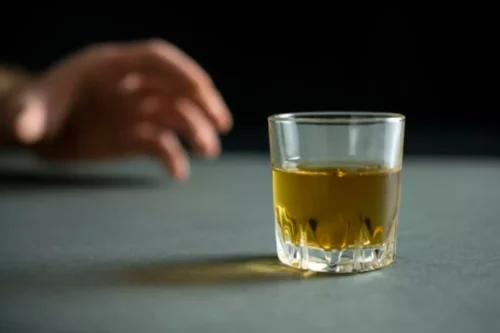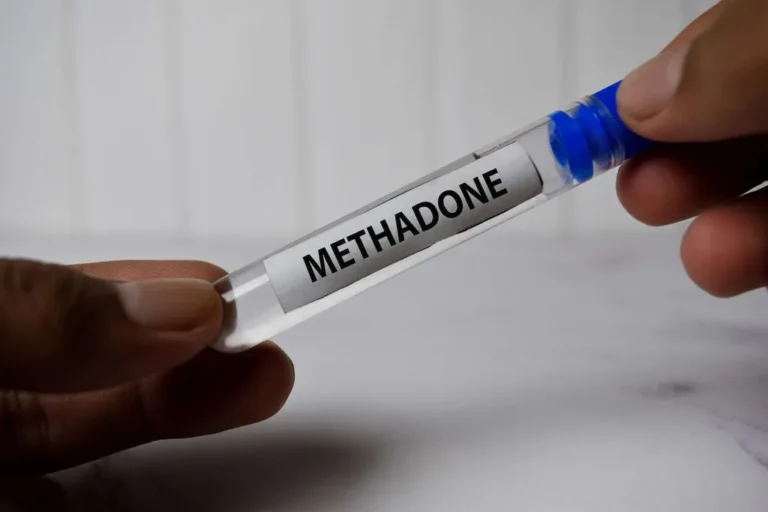Boredom and isolation are known relapse triggers for people with substance use disorders. An important way to safeguard your sobriety is to be aware of this and take steps to mitigate it. She typically works with people interested in taking a holistic approach to treating their addictions. This will include healthy eating, movement, meditation, mindfulness and spirituality. Outside of work, she’s a devotee of Krishna, and her friends call her Karunya Shakti, which means compassionate energy. She enjoys singing and dancing in kirtan and reading ancient Vedic literature like the Bhagavad Gita and the Srimad Bhagavatam.
Being Bored When You’re Quitting Drinking
When you get sober, you realize there is an entire daytime pulse in your city or town that you never really felt before. Things that people do during that day that don’t involve recovering or boozy brunch. What did you enjoy doing before drinking came around and took over your social life? If you must dig WAY back into childhood for this answer, then do that. When I quit drinking, I was lucky to have a spouse that supported my decision. When you remove alcohol from your life, you free up all the time you spent drinking and recovering from drinking.
Learn a New Skill or Take a Class
These healthy diversions fill a gap that drinking might otherwise fill. The winter months often meet a halt to favorite outdoor activities. This shift in routine, coupled with earlier darkness and cold temperatures, can lead to SAD. Many bored drinkers likely don’t realize they’re bored drinkers.
- For those who didn’t work from home, only 12% were prone to excessive drinking.
- Trying to prevent boredom or override the feeling by eating and finding other distractions doesn’t always work.
- When that’s the case, it’s a sign of deeper problems that need solving.
- Disordered eating can sometimes seem similar to boredom eating, but it’s a more dangerous condition.
- By seeking professional help, you can find resources to stop drinking and address ongoing issues that can make a huge difference in your recovery.
Mental Health Treatment
Learning a new skill keeps your mind active and engaged, providing a sense of purpose and accomplishment. You can learn a new language, take a cooking class, or enroll in a course at a local community college. When you challenge yourself to learn something new, you build your confidence and expand your knowledge base, which can help create a fulfilling life in sobriety. It also provides a great opportunity to connect with others with similar interests.
A sure sign of problematic bored drinking is failing to achieve hobby-related goals. There are plenty of situations where having a drink is a great way to celebrate an accomplishment. Unfortunately, mdma wikipedia problems can surface if you use “I deserve it” to justify bored drinking. Sure, having a single drink while alone might not seem like a problem if you eat well and exercise.
Drinking out of boredom is how some choose to deal with the dull moments life throws at us. According to Medical News Today, the average adult in the United States experiences around 131 days of boredom per year. How we react to the state of boredom is critical to our ongoing mental health, experts state.
See if there are organisations around you where you could help out, that would love to use your skills and talents. Whether it’s your partner, friends or colleagues, ask those who know you for ideas of things you can experiment with to fill your time differently. Don’t assume people are too busy to see you, all they need is to know that you would like to meet up.
It’s important to remember that traveling in recovery may come with its own set of challenges, such as navigating triggers or finding supportive resources in unfamiliar locations. Planning alcohol withdrawal symptoms and staying connected with your support network can help ensure a safe and enjoyable trip. Boredom can be a common relapse trigger for those in recovery, especially in the earliest stages.
Remember, it’s not that sobriety is terrible, but that your brain is trying to grapple with the sudden loss of dopamine. Depending on the severity of the symptoms, your doctor may even recommend medication to help treat depression and anxiety. I have gone to bars with people I genuinely like as a sober person, and I don’t stay for longer than an hour or two if nothing is happening. It’s hard to fill that time, especially when dealing with alcohol cravings and triggers. The great news is that you now have many options, an endless supply of options. When you were drinking, cracking open a bottle was the default option, now that you can’t go there you have to think about other things to do.
When you use alcohol (or any substance) to artificially boost serotonin and dopamine levels in your brain, you create an imbalance in the brain. To be bored means that you’re feeling uninterested in your current activity. The feeling often occurs when the day has been monotonous or repetitive. Especially when it comes to psychological types of hunger like boredom eating, external factors often trigger the urge to eat.
Moderate alcohol consumption has the potential to enliven social situations. But when you add bored drinks to social drinking, alcohol has the opposite effect. You might plan to start learning a new language during downtime, but put it off in favor of having a drink. Or you lose interest in an existing hobby because it’s easier to drink.
But self-medicating like this is not just bad for your body, but it is also likely to make your mental health worse. Drinking out of boredom because you feel anxious is likely to make you feel worse because alcohol is a depressant, so if you are already feeling low, it makes those feelings more extreme. It’s very common for people, especially those with additional mental health issues like depression and anxiety, to drink out of boredom. Regularly consuming alcohol when you’re bored has both short-term and long-term effects on your health, even if it doesn’t lead to a drinking disorder.
Part of it is definitely that I’ve had a rough month and struggle with depression, but another part is simply that it’s a slow day. Just imagining the next few hours slowly alcohol and dopamine does alcohol release dopamine creeping by – with nothing but my thoughts to occupy me – really makes me crave that drink. Traveling can also help you gain a new perspective and appreciate the world.
Tracking your alcohol consumption can help you identify patterns and situations that lead to boredom drinking. By practicing self-awareness and reflection, you can develop healthier habits and coping mechanisms to replace boredom drinking. This will help you regain control of your life and improve both your mental and physical health. Self-awareness and reflection are essential in identifying triggers for boredom drinking. By recognizing your emotions and thought patterns, you can uncover the triggers for boredom drinking, empowering you to make positive changes in your life. When discussing boredom in recovery, I often suggest that my clients look at some of the activities they are willing to do to help pass the time when feeling bored.



